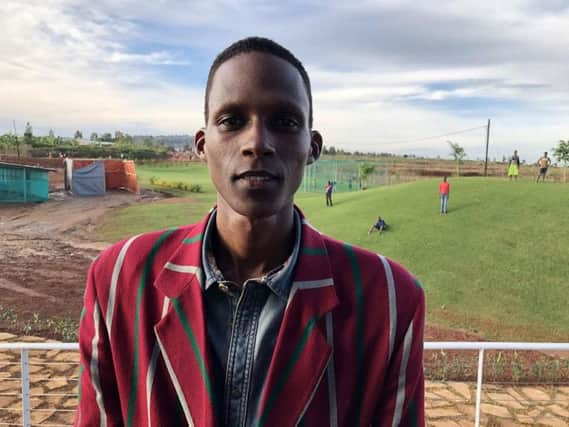Global shock as up to a million were murdered in Rwandan genocide


Former US President Bill Clinton has admitted a lack of intervention in the atrocity remains among his biggest regrets, after the Hutu majority government carried out the mass killings among the Tutsi tribe.
The genocide was sparked when a plane carrying then-President Juvenal Habyarimana, and his counterpart Cyprien Ntaryamira of Burundi – both Hutus – was shot down on April 6, 1994.
Advertisement
Hide AdAdvertisement
Hide AdThe Hutus blamed the Tutsi tribe’s Rwandan Patriotic Front (RPF), and militia armed with machetes and guns carried out the murders. The killings only stopped in the July when the RPF overthrew the government.
But the country has since witnessed a remarkable transformation and many are willing to talk about the past. Among them is Eric Niyonkuru, a quietly-spoken 27-year-old from Kigali whose father, Ngangari Kaliopi, was taken from the family home and killed.
Mr Niyonkuru’s story is even more remarkable than most after he was reunited with his sister Annick Uwamahoro after 16 years. Their mother, Yvette Mukanyindo, took the heartbreaking decision to leave Annick in a basket in the streets of Kigali in the hope that the baby was too young to be recognised as a Tutsi.
A chance conversation with a neighbour who had previously lived next door to Annick’s adopted family led to the emotional reunion in 2010.
Advertisement
Hide AdAdvertisement
Hide AdMr Niyonkuru told The Yorkshire Post that cricket had helped heal a nation that was once so divided. The sport began in Rwanda in wake of the genocide following the return of thousands of Rwandans who had lived in exile in English-speaking cricket-playing countries such as Uganda, Kenya and Tanzania.
Mr Niyonkuru, who hopes to work at the new cricket stadium, said: “The genocide left a huge mark on my family and so many others too. But we are moving forward as a nation, and cricket is helping heal us.”
Cricket is now played in 43 schools and it is one of the country’s fastest-growing sports.
Read more: